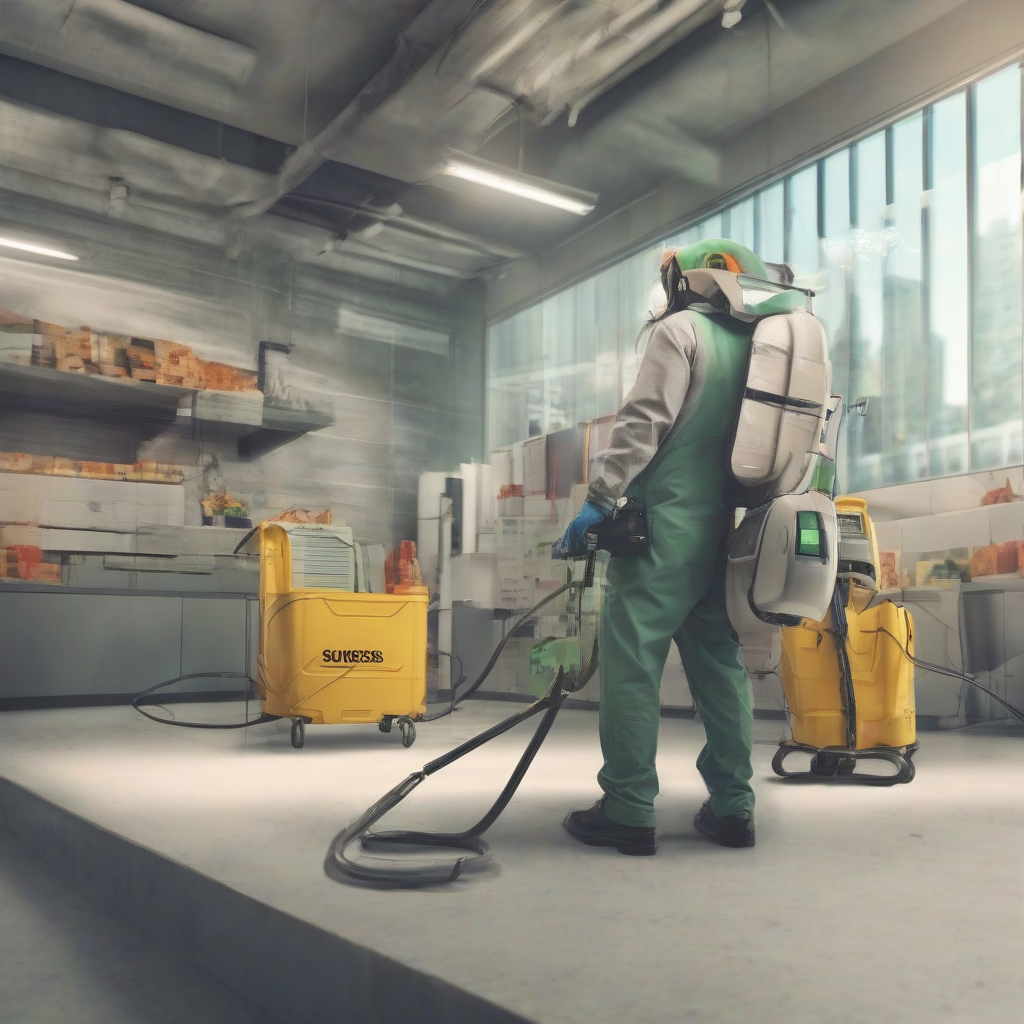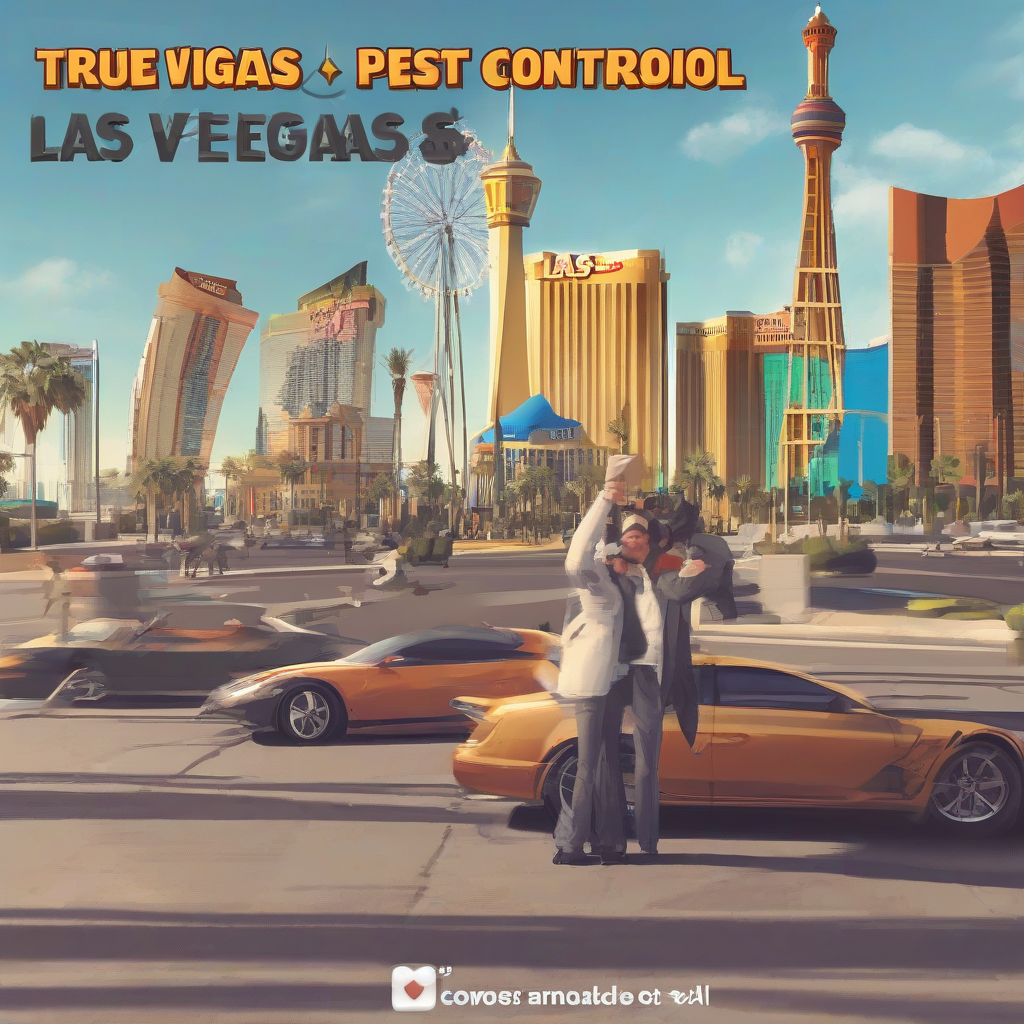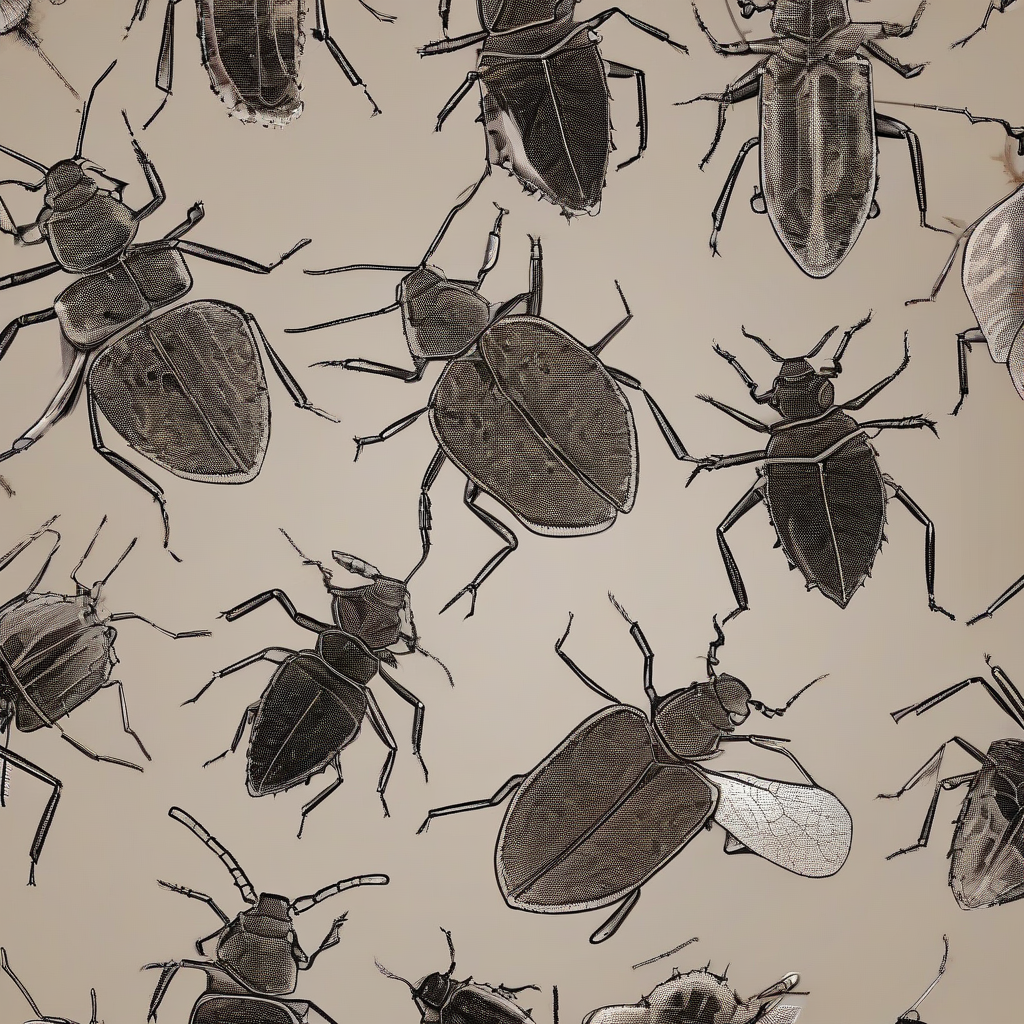Commercial Pest Control: A Comprehensive Guide to Protecting Your Business
Protecting your business from pests is crucial for maintaining a healthy, safe, and productive environment. Commercial pest control goes beyond simple home pest solutions, demanding a strategic and proactive approach tailored to the specific needs and challenges of your business.
Understanding the Risks of Pests in Commercial Settings
Pests pose significant threats to businesses across various sectors. Their presence can lead to:
- Reputational Damage: A pest infestation can severely damage your business’s reputation, leading to loss of customers and revenue.
- Health Hazards: Pests can carry and transmit diseases, posing a risk to employees and customers alike. This can lead to increased healthcare costs and lost productivity.
- Product Contamination: Infestations in food processing, storage, or retail facilities can contaminate products, resulting in costly recalls and legal ramifications.
- Property Damage: Some pests, like termites and rodents, can cause significant structural damage to your building, leading to expensive repairs.
- Regulatory Non-Compliance: Many industries have strict regulations regarding pest control. Failure to comply can result in hefty fines and legal actions.
- Insurance Issues: A pest infestation can affect your insurance premiums or even invalidate your coverage.
Types of Commercial Pest Control Services
Commercial pest control services are diverse and cater to various business needs. Common services include:
- Rodent Control: This involves implementing strategies to prevent rodent entry, monitor activity, and eliminate infestations using traps, bait stations, and exclusion methods.
- Insect Control: This targets a wide range of insects, including cockroaches, ants, flies, and beetles. Control methods range from targeted insecticide applications to integrated pest management (IPM) strategies.
- Termite Control: Termite infestations can cause devastating structural damage. Professional termite control involves inspections, preventative measures, and treatment to eliminate existing colonies.
- Bird Control: Birds can create nuisance problems and health hazards. Control methods include physical barriers, bird netting, and deterrents.
- Bed Bug Control: Bed bugs are a growing concern in commercial settings, particularly hotels and hospitality businesses. Effective control requires specialized treatments and meticulous attention to detail.
- Wildlife Removal: Removing larger animals like raccoons, squirrels, or bats requires specialized training and equipment to ensure both the animal’s and the property’s safety.
Choosing the Right Commercial Pest Control Provider
Selecting a reputable pest control company is crucial for effective and safe pest management. Consider the following factors:
- Licensing and Insurance: Verify that the company is properly licensed and insured to operate in your area.
- Experience and Expertise: Look for a company with extensive experience in commercial pest control and expertise in handling the specific pests you’re facing.
- Integrated Pest Management (IPM): Choose a company that employs IPM strategies, focusing on prevention, monitoring, and targeted treatment to minimize pesticide use.
- Customer Reviews and Testimonials: Check online reviews and testimonials to gauge the company’s reputation and customer satisfaction.
- Transparency and Communication: A reputable company will be transparent about their methods, pricing, and safety procedures. They should also maintain open communication throughout the process.
- Written Contracts: Ensure you receive a detailed written contract outlining the services provided, the cost, and the warranty.
- Safety Protocols: Confirm the company adheres to strict safety protocols to minimize risks to employees, customers, and the environment.
Integrated Pest Management (IPM) in Commercial Settings
Integrated Pest Management (IPM) is a sustainable approach to pest control that minimizes the use of pesticides while maximizing effectiveness. IPM involves a multi-pronged approach, focusing on:
- Prevention: Identifying and addressing conditions that attract pests, such as eliminating food sources, water sources, and harborage areas.
- Monitoring: Regularly inspecting your premises to detect early signs of pest activity.
- Identification: Accurately identifying the type of pest to determine the most effective control methods.
- Targeted Treatment: Implementing control methods that are specific to the identified pest, minimizing environmental impact.
- Evaluation: Regularly assessing the effectiveness of implemented strategies and making adjustments as needed.
IPM is particularly beneficial for commercial settings because it reduces the risk of pesticide exposure for employees and customers, minimizes environmental impact, and can often be more cost-effective in the long run.
Pest Prevention Strategies for Businesses
Proactive pest prevention is crucial for minimizing the risk of infestations. Key strategies include:
- Sanitation and Cleanliness: Maintaining a clean and sanitary environment is the first line of defense against pests. Regularly clean and sanitize food preparation areas, storage areas, and common areas.
- Proper Waste Management: Dispose of trash regularly and ensure that garbage containers are sealed properly to prevent attracting pests.
- Structural Maintenance: Repair cracks and holes in walls, floors, and ceilings to prevent pest entry.
- Exterior Landscaping: Maintain landscaping around your building to eliminate potential harborage areas for pests.
- Employee Training: Educate employees on pest prevention practices and what to do if they see pests.
- Regular Inspections: Conduct regular inspections to identify potential pest problems early on.
Specific Pest Control Needs for Different Industries
Different industries have unique pest control needs. Here are some examples:
- Food Service: Restaurants, cafeterias, and food processing facilities require stringent pest control measures to ensure food safety and regulatory compliance.
- Healthcare: Hospitals and healthcare facilities require specialized pest control to minimize the risk of disease transmission.
- Hospitality: Hotels, motels, and other hospitality businesses need effective pest control to maintain a clean and comfortable environment for guests.
- Retail: Retail stores need pest control to protect merchandise and maintain a positive customer experience.
- Warehousing and Storage: Warehouses and storage facilities require pest control to protect stored goods from damage and contamination.
- Manufacturing: Manufacturing facilities require pest control to prevent damage to equipment and products.
The Cost of Commercial Pest Control
The cost of commercial pest control varies depending on several factors, including:
- Size of the premises: Larger facilities generally require more extensive treatment.
- Type of pest: Some pests are more difficult to control than others, impacting the cost of treatment.
- Frequency of service: Regular preventative treatments are usually less expensive than emergency treatments for infestations.
- Type of treatment: Different treatment methods have varying costs.
- Geographic location: Costs can vary based on location and labor rates.
Legal and Regulatory Compliance
Businesses must adhere to local, state, and federal regulations concerning pest control. This includes obtaining necessary permits, following pesticide application guidelines, and maintaining proper documentation. Failure to comply can result in significant penalties.
Understanding and complying with these regulations is essential for responsible and legal pest control operations.
Conclusion (Omitted as per instructions)





